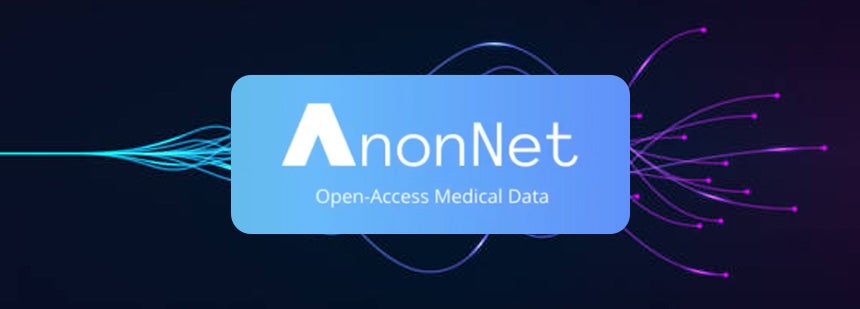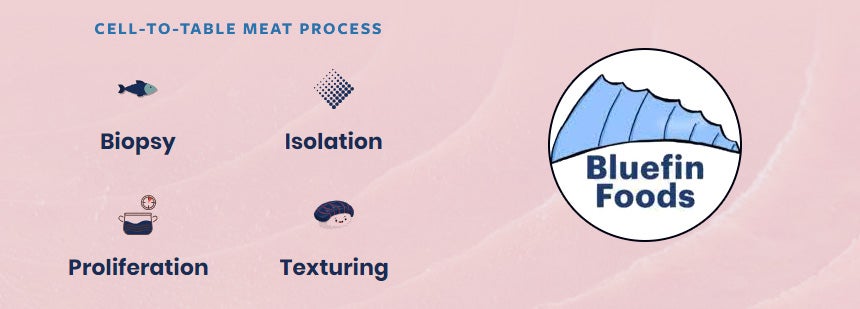Bringing great minds and ideas together is the Easton Technology Management Center’s Innovation Challenge. The aim of all teams competing is to solve real-world problems through technology. Even better, the challenge often provides that extra push founders need to get a new business off the ground.
Now in its third year, the Innovation Challenge has four key objectives: identifying “new technologies to address major societal issues in health care, sustainability, education and beyond”; identifying leadership learnings; bringing together UCLA’s multidisciplinary talent; and taking projects through various steps to a functioning model.
The Innovation Challenge kicks off with a series of workshops open to all UCLA students, whether or not they’re competing in the challenge. “Everything is about supporting students’ learning,” says Easton Center program director Heather Felix (’94).
There’s much to be garnered from these workshops, where business leaders share wisdom about best practices related to innovation management. They’re also an excellent way for those who enter the challenge to meet potential team members. “The teams can have up to five members,” Felix says. “There must be one MBA student and one from another school within UCLA.” Currently, there are eight participating professional schools: UCLA Anderson, David Geffen School of Medicine at UCLA, UCLA Fielding School of Public Health, the UCLA School of Law, UCLA Life Sciences, UCLA Samueli School of Engineering, UCLA Physical Sciences and UCLA Health.
Samueli graduate Glen Meyerowitz (M.S. ’21) brought a cross-campus collaborative project he’d been developing with UCLA Biodesign to the Innovation Challenge. “The idea started with clinical immersion in the hospital, observing surgeons, doctors and nursing staff to identify gaps in care and develop solutions.”
The problem: a lack of personalization for lung support of patients being mechanically ventilated. “Gas is pushed into the lungs and flows wherever it wants to flow,” Meyerowitz explains of current methods. “This can cause pathophysiology — even more injury or harm from being on the vent.” Meyerowitz’s team, called SAFR, had the idea of developing novel real-time monitoring and machine learning that would allow clinicians to target therapy specifically to each patient, decreasing potential injury to the lungs.
The first step for all challenge entrants is submitting a business plan. “This required us to focus and narrow our idea, come up with a value proposition and set short-, medium- and long-term goals,” Meyerowitz says.
SAFR’s idea was selected as one of six semifinalists in the 2021 Innovation Challenge. The next step was the final pitch to a panel of industry judges. For this, they turned to Anderson for advice. “It was great to get feedback on how to shape and tell our story from an Anderson perspective,” Meyerowitz says.
The team’s efforts brought them across the finish line in third place. Beyond feedback from the expert advisors — such as Anderson alumni Sarita Mohanty (’12) and Howard Ko (’06); Sergio Gonzales, the former director of innovation programs at eBay; and Joshua Fields (’08) of Google — the prize money, which can be as much as $100,000, has allowed SAFR to conduct testing and development toward publishing and validating their idea in a laboratory setting. Bringing the lessons they’ve learned from the Innovation Challenge to the table, SAFR will participate in Anderson’s Venture Accelerator Showcase on October 27.
Shaan Mathur (B.S. ’19, M.S. ’21) has entered the Innovation Challenge twice. The first time around, his team, AnonNet (in the process of being renamed Replica AI), didn’t place. Their idea was to use synthetic data that mimics original data but isn’t tied to patient identity as a way for hospitals to share medical data and insight to drive medical innovation and cure diseases. “Feedback from a judge let me know we’d scored really high on tech, but our business side was lacking when it came to describing the feasibility of the project,” Mathur says.

Shaan Mathur’s (B.S. ’19, M.S. ’21) data privacy startup AnonNet won the health care segment of the Innovation Challenge
Replica AI was propelled forward when the team connected with Anderson’s Accelerator Summer Program, an incubator that helps early-stage startups validate problem-solution fit, determine customer segment and assess product-market fit. “The experience has led me to learn how to conduct market research, interview people to see where interests lie and evaluate a market,” Mathur says.
New knowledge in hand, Replica AI entered the 2021 Innovation Challenge, winning first prize in the health care category. Mathur still sees the need for growth in the project’s future. “Right now, state-of-the art technology is not at the level needed to build a product like this.” To tackle this issue, the team is gaining increased knowledge about artificial intelligence while diving into deep learning and differential privacy. The Innovation Challenge let the team know that their “idea is feasible and there’s serious interest,” according to Mathur. And Replica AI is moving forward with the belief that “synthetic data will unlock new revenue streams in the medical data market while democratizing it to enable more innovation.”
It was during an introduction to entrepreneurship class that the idea for Bluefin Foods Inc., was born. Anderson Executive MBA students Keith David (’21) and Taissa Maleh (’21), along with three other founders, were noodling a potential project. “For a couple of years, I’d been thinking there were cool opportunities in novel food and water creation and reclamation,” David says. He suggested the idea of cell-cultured seafood, a cost-effective method of creating real seafood, in this case bluefin tuna, as a viable alternative to the traditional seafood supply chain.
When deciding to enter the Innovation Challenge, Bluefin Foods knew they needed to balance out the team. “We were a group of MBA students focused on the business side of a project that was heavy on science,” Maleh says. Several Ph.D. candidates and scientists, including Isaac Benavides, Grace Hancock and Adriana Corvalan, were onboarded to round things out. “We had a vision and knew what we wanted, but had to make sure we could connect with them not only on the competition level, but as prospective team members.”

Bluefin Foods, co-founded by UCLA Anderson alumni Keith David (’21) and Taissa Maleh (’21), won first place in the 2021 sustainability segment of the Innovation Challenge
The group jelled. “We had a great idea and a great plan,” Maleh says. “And everyone was committed to making that plan really strong. Having that final presentation really built us into the company we are today.” David concurs: “There’s so much value in working together — polishing the idea and design, and getting feedback in the competition — the closest thing to actually pitching VCs and investors.”
Bluefin Foods won first place in the 2021 sustainability segment of the Innovation Challenge. The team immediately set their wheels in motion, raising external funds, incorporating, hiring two full-time employees (Benavides and Corvalan) and setting up lab space.
If everything goes according to plan, Bluefin Foods expects to hit the market within three to five years. “The biggest hurdles we have to overcome are being approved by U.S. regulatory agencies and getting the product in front of the consumer to achieve scalability,” Maleh says.
Bluefin Foods credits the progress it has made in just a few short months to the Innovation Challenge. “It made it easier to meet the scientists we did,” David says. Maleh adds, “The practice of creating the pitch was a really big help.” It’s allowed them to land in UCLA’s Magnify incubator at the California NanoSystems Institute, and in a new lab back at UCLA.
